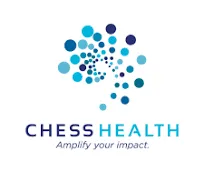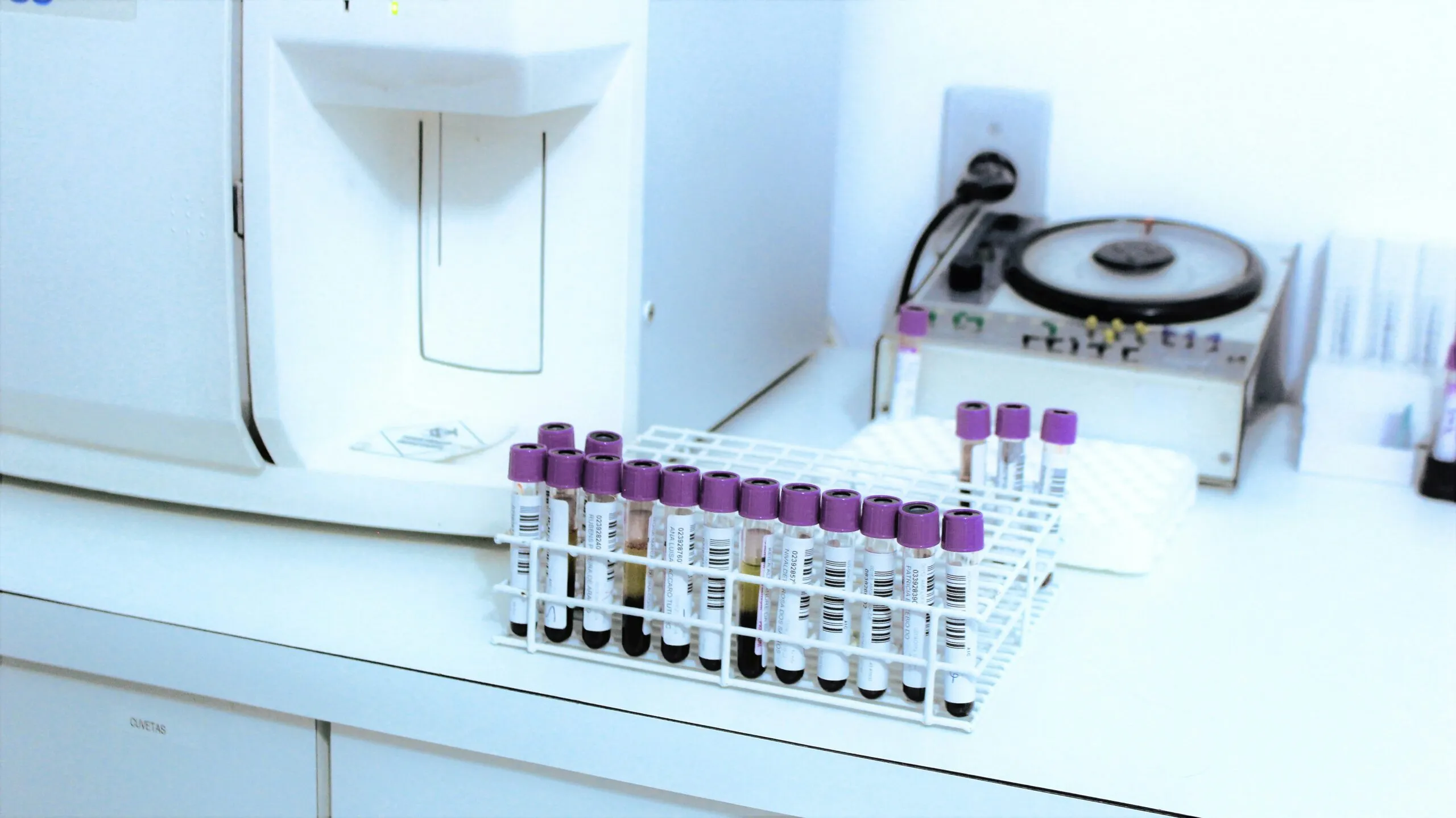post

The Fourth of July is only a few days away, and chances are you're already shopping for this year's cookout. Last year, Americans spent an estimated $3.8 billion on alcohol for one of the biggest drinking holidays here in the U.S. Executive Director of Wholeview Wellness, Dr. Sarah Church, shares ways you can celebrate safely and responsibly. Read More

Dr. Sarah Church, founder and executive director of Wholeview Wellness in New York City, shares some tips on how to enjoy these celebrations while supporting recovery. "We encourage people to bring a, a sober buddy along with them. Somebody that understands what they’re trying to do and can support them. If they don’t have somebody who’s sober. Trying to pick somebody that’s not going to be drinking heavily that they can kind of spend time with is another option,” said Dr. Church. Read More

“Each 10 grams of alcohol, one drink, consumed daily, increases breast cancer risk by 10 percent. Alcohol increases estrogen levels, which promotes the growth of tumors,” said Dr. Sarah Church, PhD, founder and executive director of Wholeview Wellness. Wholeview Wellness encourages moderation as a first step in combating these issues. “Try to reduce the number of drinks, and choose lower-level alcohol products, like a summer ale as opposed to an IPA,” said Dr. Church. Read More

"Despite increased awareness of AUD, many individuals living with this condition still struggle with stigma and feelings of shame, which can make it challenging to seek help. It's important to understand that AUD is a medical condition—both diagnosable and treatable—with a range of effective treatment options, including medical and psychosocial supports," said Sarah Church, Ph.D., Clinical Psychologist and Founder and Executive Director of Wholeview in New York, NY. " Read More

We are thrilled to expand Wholeview's services with the NYS OASAS Problem Gambling designation, which enables us to address the growing need for specialized care for people struggling with problematic gambling and gambling disorders," said Dr. Sarah Church, CEO and Founder of Wholeview Read More

At Wholeview Direct, our mission is to make high-quality addiction treatment accessible to everyone, no matter where they are.”— Carly Moskowitz, LMHC Read More

At Wholeview, our medical providers use pharmacogenetic testing to help personalize medication plans for patients with mental health conditions. This process begins with a simple cheek swab collected at home, which is then analyzed in a lab to identify genetic variations that affect how patients metabolize and respond to medications. The resulting report categorizes medications into groups based on their likely effectiveness and risk of side effects.
Pharmacogenetic testing can speed up the process of finding the right psychiatric medication, which is especially valuable for patients with both substance use and mental health disorders. By reducing the trial-and-error period, patients may experience quicker symptom stabilization and improved adherence to treatment. However, genetic testing is used as a supplementary tool alongside thorough clinical evaluations and is not a standalone solution. At Wholeview, we integrate this testing into a broader care approach, including therapy and behavioral interventions, and ensure patients are fully informed about its benefits and limitations before proceeding. Read More

What Are Opioids? Opioids are a class of drugs that relieve pain but also carry a high risk of addiction. They include prescription painkillers like oxycodone and hydrocodone, as well as illegal drugs like heroin and synthetic opioids like fentanyl. The National Institute on Drug Abuse (NIDA) defines them this… Read More

What Is Alcohol Addiction? Alcohol addiction, sometimes called alcohol use disorder (AUD), is a chronic, relapsing brain disease that causes people to consume alcohol despite its negative consequences. According to the National Institute of Alcohol Abuse and Alcoholism, alcohol addiction includes: Compulsive drinking Dependence Withdrawal symptoms when alcohol use… Read More